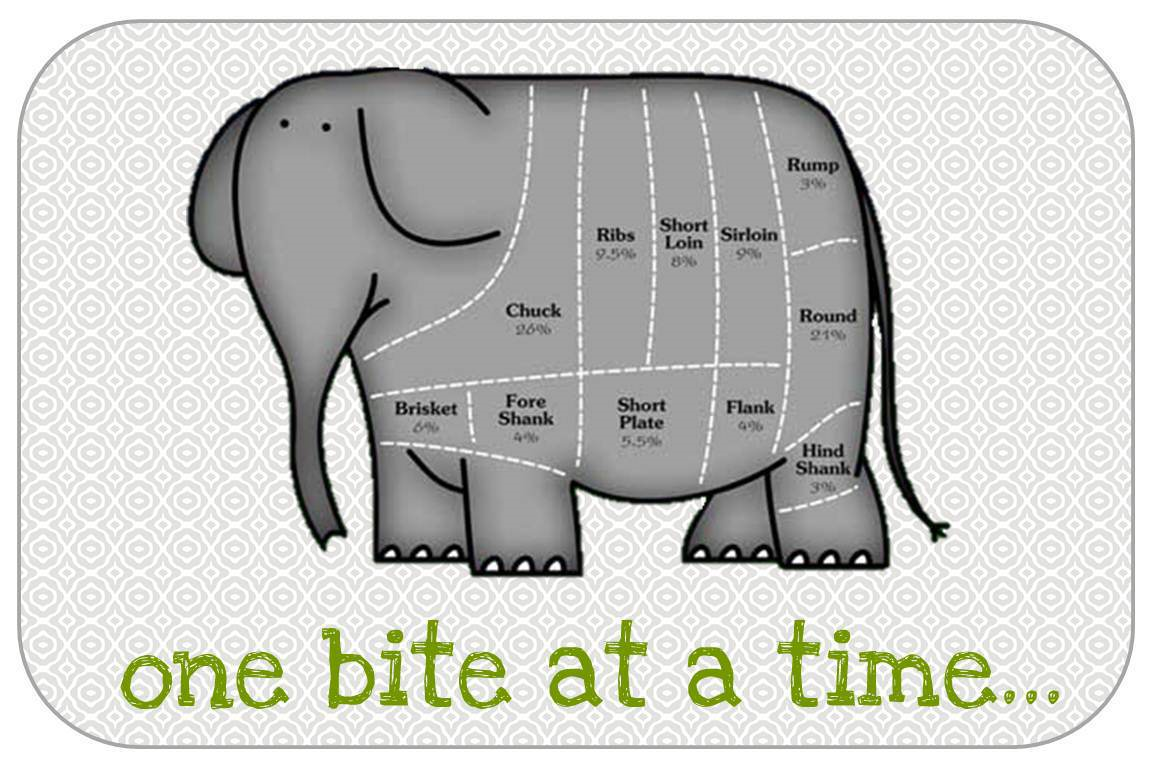.png)
The following shortlist illustrates specific ways to manage ADHD behaviour in school. The lists are based on four primary areas of focus when handling ADHD:
- Improving self-awareness,
- Making rules and time obvious and in physical form,
- Increasing incentives in the classroom, and
- Some possible discipline methods.
These four categories most effectively help ADHD students by targeting their everyday struggles and starting to design an appropriate behaviour plan to manage them.
Improving Self-Awareness
To help with low self-management skills, improve self-awareness by:
- Having student record productivity on a daily chart on public display so they can see their behaviour over time
- Having a student use a daily conduct card to rate their behaviour and then meet with the teacher about it. This card might include class participation, following class rules, getting along with classmates, etc.
- Deciding on a cue word that has the student stop and monitor the situation and what they should be doing
- For teens, use nonverbal cues to call them to attention (e.g. dropping a paper clip by the student’s desk)
A Practical Checklist for managing children with ADHD (FREE DOWNLOAD)
Visualising Time and Rules
To give information more visually, make rules and time obvious and in physical form by:
- Displaying rules on posters for each work period
- Giving students laminated, colour-coded card sets with rules on them for each subject
- Getting the students to restate rules before each new activity.
- Giving the student a recording of encouraging words and reminders of classroom rules - the student can listen to this with headphones.
- Using timers or taped time signals shows the amount of time left on an assignment. In general, this is a way to visualise time during the school day.
.png?width=2240&height=1260&name=blog_images%20(7).png)
Increasing Incentives
To maintain an effective behaviour plan, increase incentives by:
- Increasing praise, approval, and appreciation of student’s good behaviour and work performance
- Using a token or point system to organise privileges and their prices
- Trying team-based or group rewards to incorporate some competition.
- Have parents donate old games/toys for more fun activities, and even consider having an old video game as a reward.
Try this guide we made to start taking action today:
A Practical Checklist for managing children with ADHD (FREE DOWNLOAD)
Appropriate Discipline Methods
To refine your behaviour plan, consider some of these appropriate discipline methods:
- Gentle, private, direct reprimands - personalise it by going directly to the child with a brief corrective statement.
- Act fast! Immediacy is vital for the punishment to work truly
- Try the “Do a Task” procedure. When students misbehave, explain what they did wrong and give them a number. This number might mean, for example, the child will do that number of worksheets. Put a separate desk in the back for this purpose, and when the student finishes, they will place the work on your desk and return to their regular seat.
- Make a quiet place in the room for the student to regain emotional control.
- Use time-outs in the classroom or private room (hallway time-outs don’t work)
On that note...
ADHD can be tricky to understand, and there's a lot of wrong info out there that doesn't help. If you're looking to really get how to support kids with ADHD, our 'Introduction to Understanding ADHD in Children and Young People' course is perfect for you. It's packed with the newest, science-backed tips and tricks for helping these kids do their best at school, with friends, and at home.
Learn More, Teach Better
If you are looking to dive deeper into ADHD, our self-paced courses on support strategies, interventions and the roadmap to help you thrive in working with children with ADHD at home and in the classroom you can explore our courses to help you master ADHD here.
Happy Learning from The Team at Education Elephant! 🐘
First time here?
We condense ADHD, Dyslexia, Autism, Dyspraxia and more into bite size pieces so you don't have to eat the whole elephant in one.
We are here to break it all down for you
Take the week to learn more about ADHD, and you'll see you already know more than you think! It's all about putting names to those behaviours and emotions we've all seen before.
You've got this; we're just here to help you connect the dots and help you support children as best you can! 🐘

.png?width=352&name=blog_images%20(4).png)

